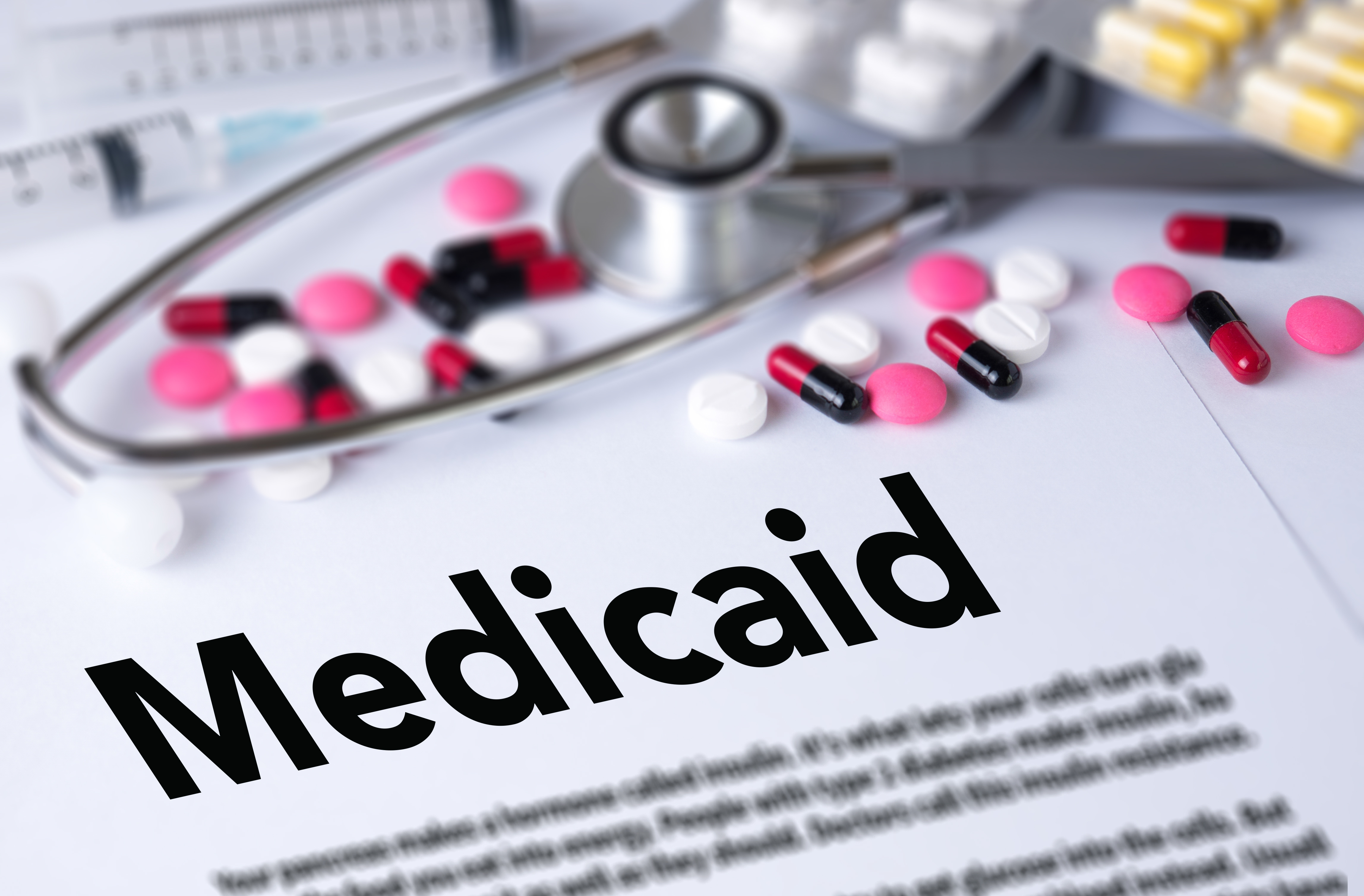A coalition of advocacy groups is calling on Alabama lawmakers to finally expand Medicaid in Alabama.
Cover Alabama, a nonprofit alliance of more than 120 advocacy groups and other organizations, will lobby in front of the State House Tuesday to demonstrate why they believe expanding Medicaid is vital to the future of healthcare in the state.
Alabama Arise, a principal member of the coalition, held an event last month in Brewton to highlight the need for Medicaid expansion.
“Our rural hospital is the first line of care for the people in our community,” Brewton pediatrician Marsha Raulerson shared at the event, “If someone’s really sick, they need to be stabilized. They can be stabilized here quickly and efficiently. If our hospital closed … people will die.”
Raulerson said failing to expand Medicaid will lead to more rural hospitals, like DW McMillan in Brewton, being unable to keep the doors open.
“We are in the red for the first time since I’ve been here,” Raulerson said. “If something’s not done for the uncompensated care that we provide, our hospital’s not going to last.”
Ryan Hankins, executive director of the Public Affairs Research Council of Alabama, explained why expanding Medicaid can be done in Alabama and how it would benefit the state.
About 25 percent of the population received Medicaid in at least one month in the most recent fiscal year. More than half of the recipeients are children, and the largest share of dollars goes to people with disabilities. Medicaid currently costs the state general fund about $719 million, or 25 percent.
The expansion would raise the cap for Medicaid eligibility to 139 percent of the federal poverty line. Hankins said when states failed to expand, it created a gap.
“So we’re now in a situation in Alabama, and the other non-expansion states, where if you are between- if you’re an adult with no children, or above 18 percent- this sounds crazy to say, you are too poor to get a subsidy from the government, or you’re too rich from Medicaid. So they’re left out in the cold,” Hankins said. “So closing that gap was the entire point of the expansion.”
PARCA estimates about 280,000 Alabamians would benefit from expansion.
The most common reason for Alabama not expanding Medicaid since the expansion began being offered in 2010 is that the state cannot afford it, and Hankins said that was true at the time.
“Remember the general fund which funds everything but education throughout the 2010s was constantly relying on one-time sources of revenue like the BP oil settlement or the tobacco lawsuit settlement,” Hankins said. “Not only could we not afford Medicaid, we could not afford anything else throughout the 2010s.”
But Hankins said things have changed since the state first began considering this since 2014.
Expanding would cost the state about $225 million more. But Hankins said new laws such as the enhanced federal match, which would mean the federal government would pay an additional 5 percentage points of the cost in the current Medicaid system for the first two years.
The advocacy day will begin at 11 a.m. in front of the State House on Tuesday.
The event will feature speakers sharing personal stories about how Medicaid expansion would improve their lives. Other speakers will discuss how expansion would strengthen Alabama’s economy and protect health care access in rural communities. After the program, advocates will encourage their lawmakers to support Medicaid expansion and help ensure all Alabamians can afford the health care they need.

















































